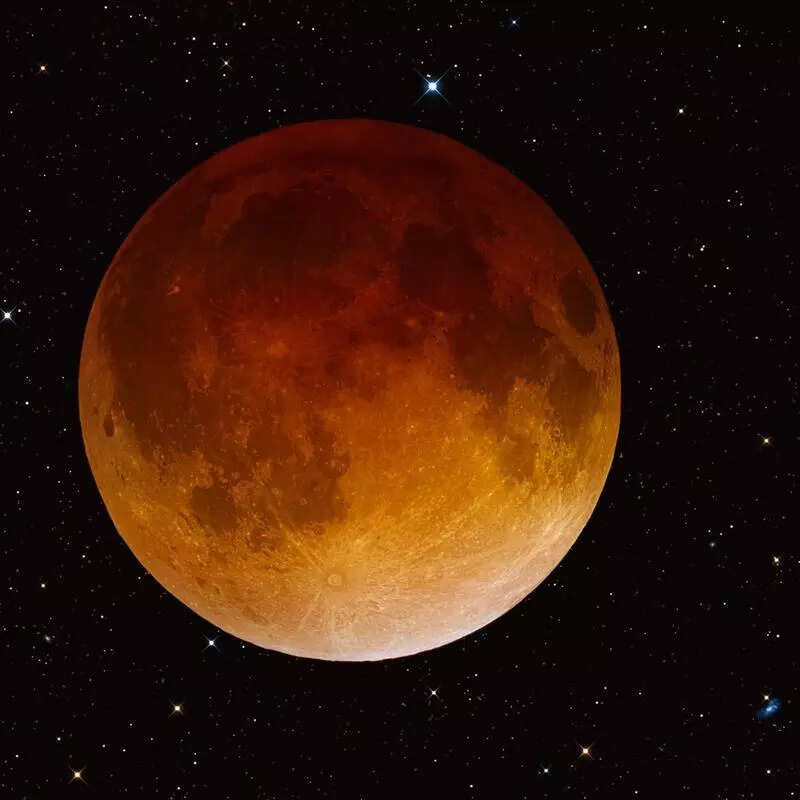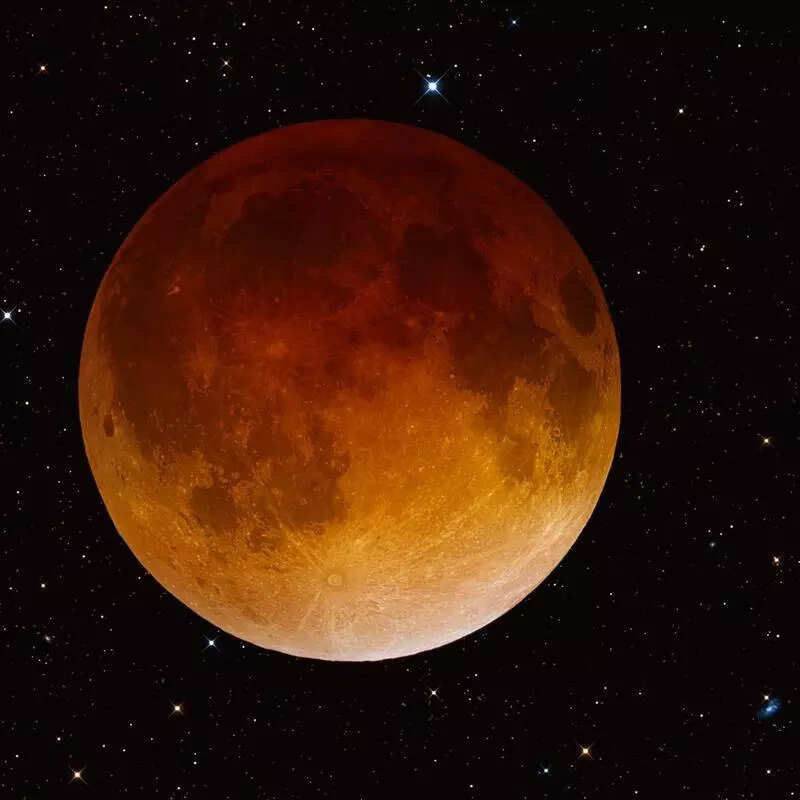Pune: The last lunar eclipse of the year will be visible from all over India on Sunday. This is a rare opportunity for astronomy enthusiasts, as the next lunar eclipse will be on March 3, 2026. The eclipse will begin at 9.57pm on Sunday. Later, the moon will be completely in the shadow of the Earth until 12.23am, which will be the penumbral eclipse. However, cloudy skies may play spoilsport on the day.If the sky remains clear, sky watchers will be able to see various phases of the lunar eclipse for about five and a half hours. Arvind Paranjpye, Director, Planetarium, Nehru Centre, Mumbai, said, “This lunar eclipse is the largest one for India this year, as it will be a total lunar eclipse. It will begin at approximately 8.58pm, around 9pm, and end at 1.30am. Its peak will occur at 1.26am, making it a very long eclipse.“From Maharashtra, two total lunar eclipses were visible earlier in 2018. As the opportunity to witness a total eclipse has come after seven years, there is great excitement among astronomy enthusiasts. A lunar eclipse occurs when the Sun, Earth, and Moon come in a straight line on a full moon night. Mayuresh Prabhune of Khagol Vishwa said, “As the Moon passes through the shadow spread out in space by the Earth, the illuminated part of the Moon appears to darken gradually. When the Moon enters the Earth’s dark shadow completely, it does not disappear entirely but, due to the reddish rays of light passing forward through the Earth’s atmosphere, appears reddish.” The Moon appearing reddish during the total phase of the eclipse is also known as the ‘Blood Moon.’When viewed from Maharashtra, on Sunday night at 8.58pm, the full Moon will touch the Earth’s penumbra. At 9.57pm, the Moon will enter the Earth’s dark shadow, starting the partial phase of the eclipse. At 11.00pm, the Moon will be completely in the Earth’s dark shadow, starting the total phase. The maximum phase of the total lunar eclipse will be visible at 11.41pm. At this time, the Moon will have reached the middle of the Earth’s dark shadow. At 12.22am, the total phase will end and the partial phase will begin again. At 1.26am, the Moon will leave the Earth’s dark shadow, and at 2.25am, it will leave the Earth’s penumbra, said Prabhune.The entire lunar eclipse will last for 5 hours and 27 minutes. The complete lunar eclipse on Sunday will be visible from most parts of Asia, including India, while various phases of the eclipse will be visible from parts of Africa, Australia, and Europe.To allow astronomy enthusiasts to view the total lunar eclipse through telescopes, Jyotirvidya Parisanstha has organised an eclipse viewing programme at Kesariwada. The programme will be held on Sunday night from 9.30pm to 12.30am, guided by experts, and an exhibition providing information about the eclipse can also be seen at this time. This programme is open and free for all.Phases of the Total Lunar Eclipse:– Moon touches Earth’s penumbra – 8.58pm– Beginning of partial phase – 9.57pm– Beginning of total phase – 11.00pm– Middle of total phase – 11.41pm– End of total phase – 12.22am– End of partial phase – 1.26am– Moon exits Earth’s penumbra – 2.25am












